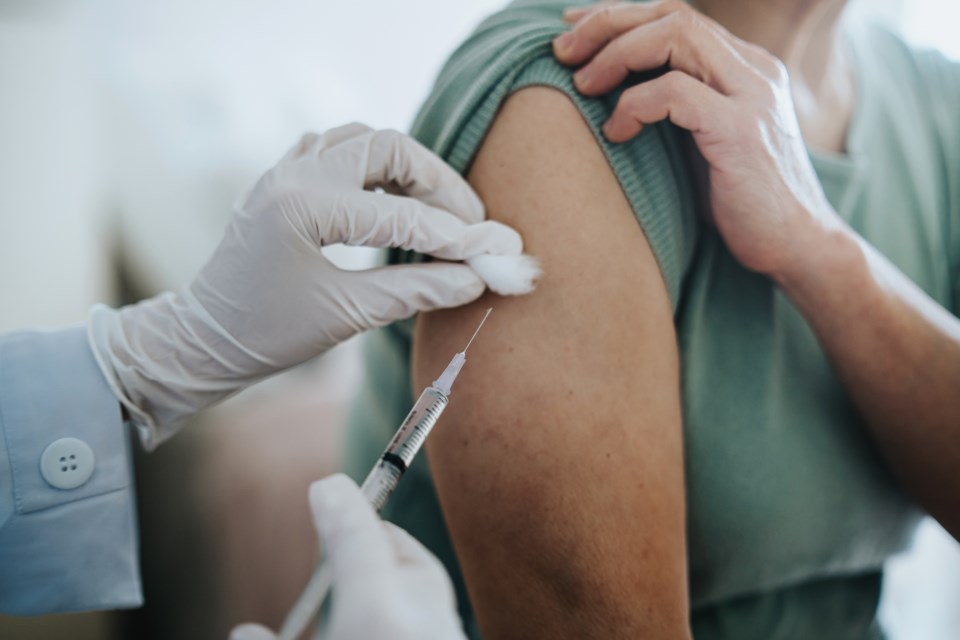One of B.C.’s most-outspoken anti-vaccine campaigners and COVID-19 deniers did not die from the virus.
According to a BC Coroners Service report, Makhan Singh Parhar, 48, died accidentally from a mix of alcohol, fentanyl and cocaine in early November 2021.
“Despite a positive post-mortem COVID test result, there is no indication this illness played a role in Mr. Parhar's death,” said the report by coroner Damian Balam, which was dated May 9, 2022 but released Feb. 6.
Parhar was discovered unresponsive by a family member in his New Westminster residence at 6:30 a.m. on Nov. 4, 2021. BC Ambulance Service paramedics declared Parhar dead on the scene. He had been last seen alive around midnight.
There was no traumatic injury, and no evidence of foul play or acute self-harm.
“Paraphernalia commonly associated with illicit substance use was found nearby (uncapped syringe, burnt spoon, glass pipe),” the report said. “Mr. Parhar had an uncomplicated medical history. There was no recent documented history of problems with substance use, hospitalization, or prior opioid agonist treatment. At the time of his death, he was not followed by a family physician.”
Parhar had made a video the day before he died, indicating that he had used ivermectin, the horse parasite treatment that prompted warnings against human use by Health Canada. In a prior video, published in late October 2021, Parhar was coughing and said he was fatigued and experiencing chills, but denied he had the virus, because he believed the virus did not exist.
At the time of his death, Parhar was awaiting trial for allegedly breaking the Canada Quarantine Act. He was arrested in November 2020 after appearing at a protest outside the Vancouver Art Gallery, where he boasted he refused to self-isolate for 14 days after returning from a conference in South Carolina for people who believe the Earth is flat.
Balam’s report said that a toxicological analysis found concentrations of fentanyl usually associated with fatalities, and a cocaine concentration usually associated with recreational use.
"The effects of these substances, in isolation or when combined, are unpredictable and are sufficient to cause death,” the report said.
In B.C., there have officially been 5,106 deaths from COVID-19.
At least 11,171 people in B.C. have died from illicit drug toxicity since the province’s April 2016 declaration of a public health emergency.
On Jan. 31, B.C. began a three-year, federally approved experiment to decriminalize possession by adults of 2.5 grams or less of fentanyl, cocaine, heroin, meth and ecstasy.



